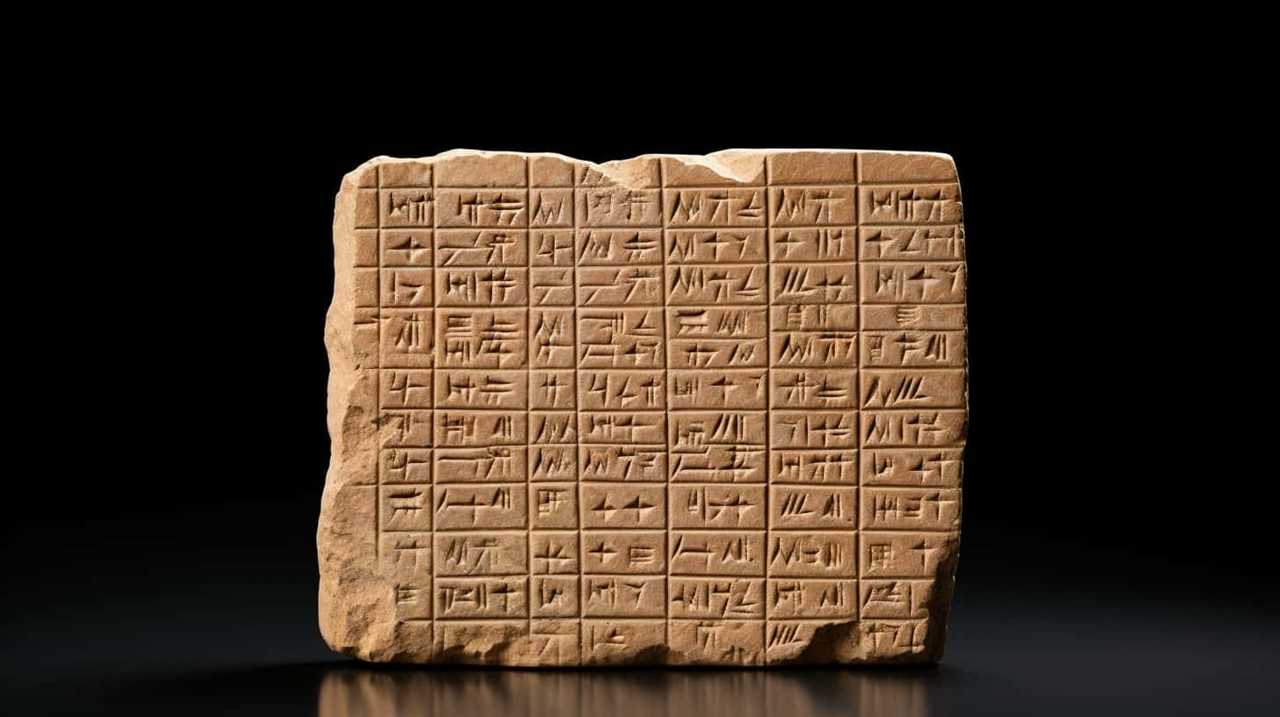Hey there, wisdom hunters! Dive into ‘Wisdom Shared: Socrates and Plato’s Timeless Insights.’
In this profound exploration, we delve into the age-old wisdom of Socrates and Plato, two towering figures of philosophy whose teachings continue to resonate with the curiosity of our modern minds.
Prepare to embark on a journey of self-reflection, as we unravel the secrets of life’s true meaning and embrace the power of the Socratic method.
Together, we will navigate the depths of virtue and excellence, question the very nature of reality, and unlock the transformative power of knowledge.
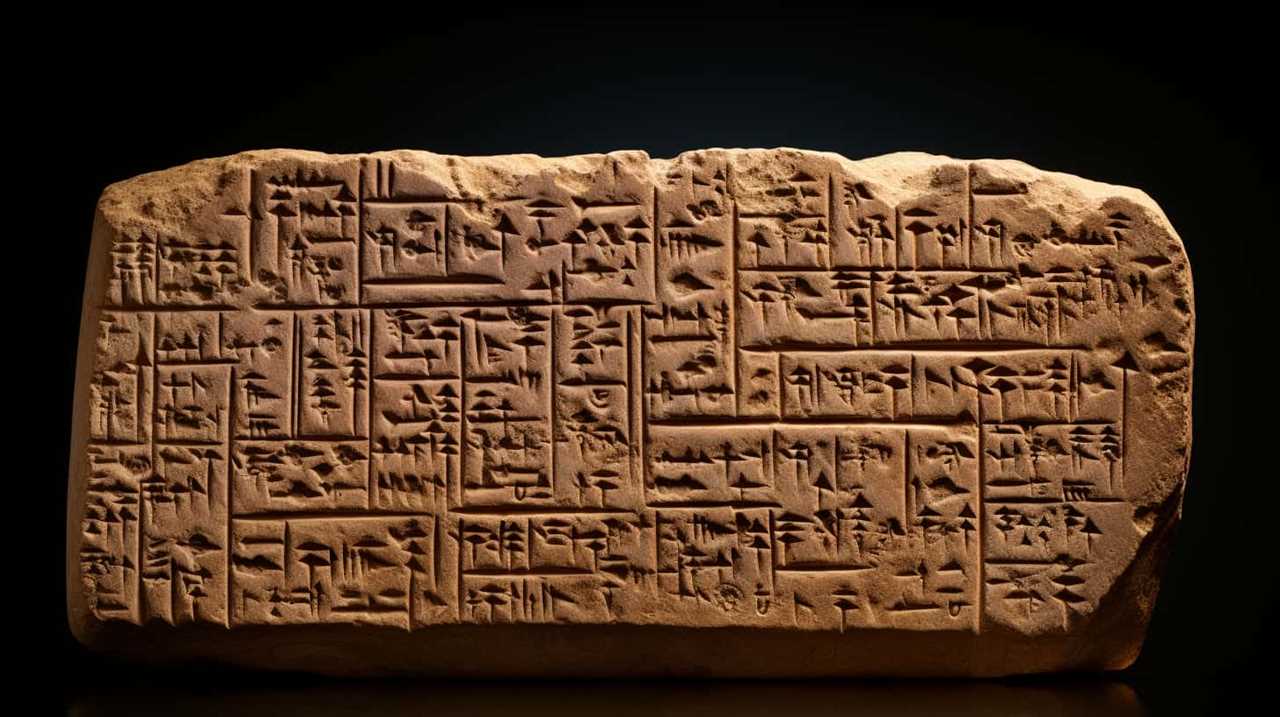
Join us as we challenge conventional wisdom, contemplate the philosophy of love and beauty, and uncover timeless insights that resonate in our ever-evolving world.
Let us embark on this intellectual voyage together, and may our minds be forever enriched.
Key Takeaways
- Self-reflection is essential for cultivating self-awareness and uncovering subconscious beliefs and biases.
- The pursuit of wisdom and self-realization is the true meaning of life.
- The Socratic Method is a powerful tool for critical thinking and self-discovery.
- Socrates and Plato’s teachings offer timeless insights that challenge conventional wisdom and expand understanding.
The Importance of Self-Reflection
Self-reflection is essential for gaining a deeper understanding of ourselves and our experiences. The importance of introspection can’t be overstated, as it allows us to cultivate self-awareness, which in turn leads to personal growth and mastery. When we engage in self-reflection, we take the time to examine our thoughts, emotions, and behaviors, and gain insight into the underlying patterns and motivations that drive us. This process of introspection enables us to identify our strengths and weaknesses, as well as recognize areas where we can improve.
Cultivating self-awareness through self-reflection is like shining a light on the darkest corners of our minds. It allows us to uncover the subconscious beliefs and biases that shape our perception of the world. By becoming aware of these hidden aspects of ourselves, we can challenge and reshape our perspectives, expanding our understanding and opening ourselves up to new possibilities.

Furthermore, self-reflection allows us to evaluate our actions and decisions in a more objective manner. It helps us become more conscious of the impact our choices have on ourselves and those around us. Through self-reflection, we can identify patterns of behavior that may be holding us back or causing harm, and make the necessary adjustments to align our actions with our values and goals.
Seeking the True Meaning of Life
When contemplating the true meaning of life, we’re confronted with the fundamental question of whether there’s a purpose beyond mere existence.
Socrates and Plato offer timeless insights that invite us to explore the paths to enlightenment, to seek wisdom and understanding that transcends the mundane.
Through their teachings, they challenge us to question our assumptions, examine our values, and embark on a journey of self-discovery in pursuit of a deeper understanding of the purpose and meaning of our lives.

Purpose Beyond Existence
As humans, we’re constantly searching for a deeper purpose that goes beyond mere existence. Finding purpose is a fundamental aspect of our existence and drives us to seek answers to existential questions. What’s the true meaning of life? Why are we here? These questions have perplexed philosophers throughout history, and Socrates and Plato were no exception. They believed that true purpose lies in the pursuit of wisdom and the realization of one’s own potential.
According to Socrates, the unexamined life isn’t worth living. Plato, on the other hand, argued that our purpose is to attain knowledge and understand the eternal truths. Both philosophers emphasized the importance of self-reflection and the continuous quest for knowledge as a means to uncover our true purpose.
Their timeless insights remind us that our search for meaning is a lifelong journey that requires introspection, critical thinking, and an unwavering commitment to personal growth.
Paths to Enlightenment?
In our quest for the true meaning of life, we explore various paths to enlightenment. The journey within is a deeply personal and introspective one, where we seek to uncover the fundamental truths that govern our existence.
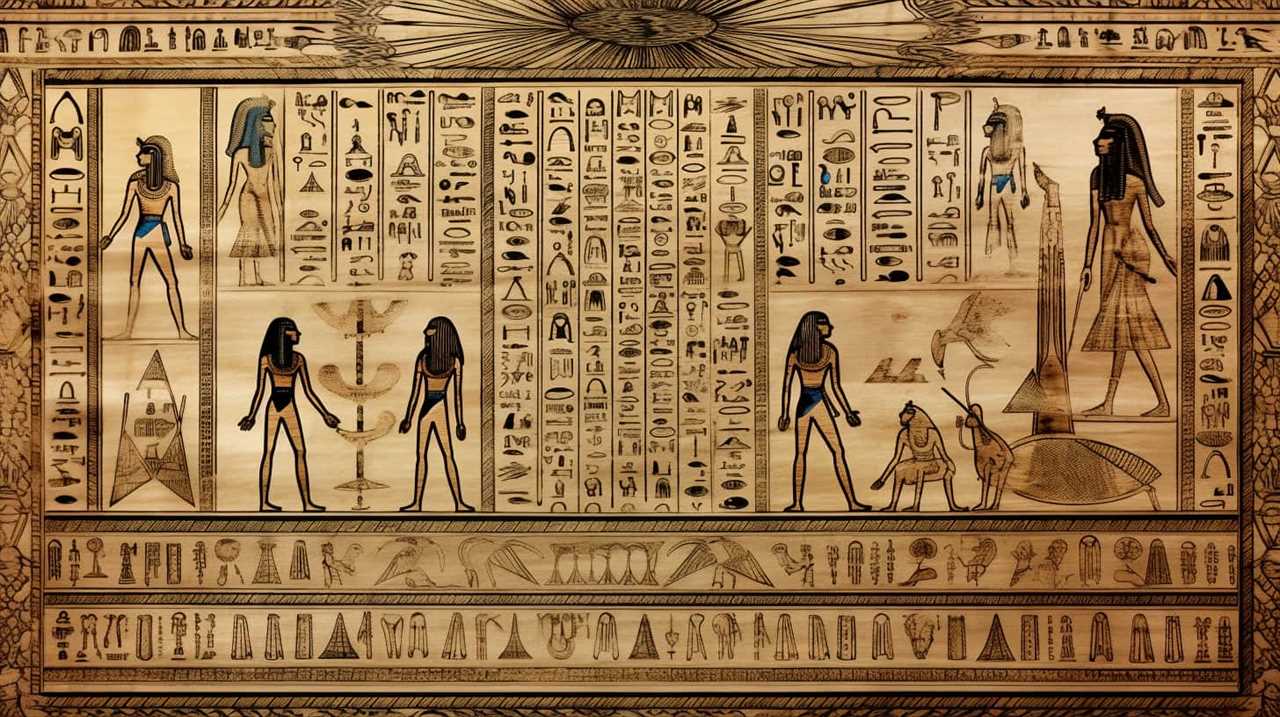
As we embark on this profound exploration, we encounter different avenues that can lead us towards enlightenment. Here are five paths to consider:
- Meditation: Engaging in deep reflection and mindfulness to quiet the mind and connect with our inner selves.
- Self-reflection: Taking the time to examine our thoughts, beliefs, and values, allowing us to gain a deeper understanding of ourselves.
- Philosophy: Studying the teachings of great thinkers, such as Socrates and Plato, to gain insights and intellectual perspectives on life’s meaning.
- Nature immersion: Connecting with the natural world, appreciating its beauty and finding solace in its simplicity.
- Service to others: Engaging in acts of kindness and compassion, realizing that true fulfillment comes from making a positive impact on the lives of others.
These paths to enlightenment offer different approaches, but they all share the common goal of uncovering the true meaning of life. Each individual may find resonance with one or more of these paths, and the journey towards enlightenment becomes a unique and personal experience.
Through introspection, reflection, and seeking wisdom, we can navigate these paths and discover our own profound understanding of the true meaning of life.
Embracing the Socratic Method
We embrace the Socratic Method as a powerful tool for critical thinking and self-discovery. Socratic inquiry, at its core, is a method of questioning that aims to uncover the underlying assumptions and beliefs that shape our thoughts and actions. By engaging in thoughtful dialogue and challenging our own ideas, we can deepen our understanding and develop more nuanced perspectives.

The Socratic Method encourages critical thinking by requiring us to examine our own beliefs and arguments, as well as those of others. It pushes us to go beyond surface-level thinking and delve into the complexities of a subject. Through this process, we develop the ability to analyze information, evaluate arguments, and identify logical fallacies.
To illustrate the power of the Socratic Method, let us consider a simple example:
| Socratic Question | Response |
|---|---|
| What is justice? | Justice is the fair and equal treatment of all individuals. |
| How do you define fair? | Fairness means treating everyone impartially, without favoritism or bias. |
| Can you provide an example of a situation where justice might be difficult to determine? | In cases where cultural norms clash, determining what is just can be challenging. |
As we engage in this dialogue, we realize that the concept of justice is multifaceted and subjective. This exercise encourages us to question our assumptions and consider alternative perspectives.
By embracing the Socratic Method, we embark on a journey of self-discovery and intellectual growth. We learn to think critically, challenge our own beliefs, and approach problems from multiple angles. This process not only enhances our ability to reason logically but also fosters empathy, open-mindedness, and humility.

Transitioning to the subsequent section about ‘the pursuit of virtue and excellence’, we can see how the Socratic Method becomes a valuable tool in our quest for self-improvement.
The Pursuit of Virtue and Excellence
When considering the pursuit of virtue and excellence, it’s important to recognize the transformative power of the Socratic Method. This method, pioneered by the great philosopher Socrates, encourages individuals to question their beliefs, challenge assumptions, and seek truth through rational inquiry. In the realm of moral character, the Socratic Method plays a crucial role in shaping our understanding of ethics and guiding our actions in society.
To embark on the pursuit of moral character and excellence, we must first acknowledge the importance of ethics in society. Ethics provide a framework for evaluating our behavior, ensuring that our actions align with principles of justice, fairness, and compassion. They serve as a compass, guiding us towards virtuous conduct and helping us navigate the complexities of human interactions.
In this quest for virtue and excellence, it’s essential to cultivate certain qualities and habits that contribute to our moral development. Here are five key elements to consider:

- Self-reflection: Taking the time to introspect and evaluate our actions, motivations, and values.
- Intellectual honesty: Willingness to confront uncomfortable truths and revise our beliefs in light of new evidence.
- Empathy: Fostering understanding and compassion towards others, recognizing the inherent dignity and worth of every individual.
- Moral courage: Standing up for what’s right, even in the face of adversity or social pressure.
- Continuous growth: Embracing a lifelong commitment to learning, self-improvement, and personal development.
By embracing these elements, we can actively cultivate our moral character, contributing to a more ethical and harmonious society.
The pursuit of virtue and excellence isn’t a destination but a lifelong journey, requiring constant reflection, self-improvement, and a commitment to ethical principles. Let’s embrace this journey and strive for greatness in all aspects of our lives.
Questioning the Nature of Reality
As we delve deeper into our quest for virtue and excellence, let’s now explore the profound implications of questioning the very nature of reality.
Socrates and Plato were philosophers who devoted their lives to understanding the world around them. They believed that reality wasn’t simply what it appeared to be, but rather a complex interplay of perceptions and ideas.

The nature of perception is a fundamental aspect of our understanding of reality. How we perceive the world shapes our experiences and influences our beliefs. Socrates and Plato questioned whether our perceptions accurately reflect the true nature of reality or if they’re merely subjective interpretations.
Furthermore, they recognized the limits of human understanding. Our cognitive abilities have constraints, and there are aspects of reality that may be beyond our comprehension. Socrates famously declared, ‘I know that I’m intelligent because I know that I know nothing.’ This humble acknowledgment of our limited understanding encourages us to question and seek deeper truths.
Questioning the nature of reality invites us to challenge our preconceived notions and expand our understanding. It encourages us to critically examine the world around us and question the validity of our perceptions. By acknowledging the limits of our understanding, we open ourselves up to new possibilities and insights.
Socrates and Plato’s timeless wisdom serves as a reminder that our quest for knowledge and truth is an ongoing journey, one that requires us to question and explore the very nature of reality.

The Role of Education in Society
Education plays a crucial role in shaping and advancing society. It equips individuals with the knowledge and skills necessary for progress and development.
However, the accessibility and quality of education also contribute to social inequality, as not everyone has equal opportunities to receive a comprehensive education.
Thus, the role of education in society encompasses both its potential for societal progress and its impact on social disparities.
Education and Societal Progress
Our society’s progress heavily relies on the cultivation of knowledge and skills through the active participation in a quality education system. Education plays a fundamental role in shaping the development and advancement of a society.

Here are five key ways in which education contributes to societal progress:
- Fostering critical thinking and problem-solving skills that enable individuals to tackle complex challenges.
- Equipping individuals with the necessary knowledge and skills to participate in the workforce and drive economic growth.
- Promoting social cohesion and understanding by instilling values of empathy, tolerance, and respect for diversity.
- Empowering individuals to exercise their rights and engage in democratic processes, fostering active citizenship.
- Advancing scientific and technological innovation through the acquisition and dissemination of knowledge.
As education plays such a vital role in societal progress, it becomes imperative to address the issue of education and social inequality.
Education and Social Inequality
We believe that addressing social inequality through education is crucial for building a more equitable and just society. Education reform is an essential step towards reducing social inequality, as it provides opportunities for individuals to overcome barriers and improve their socio-economic status.
However, the digital divide poses a significant challenge in achieving this goal. The digital divide refers to the gap between those who have access to technology and those who do not. In today’s increasingly digital world, access to technology and the internet is essential for educational success and socio-economic mobility.
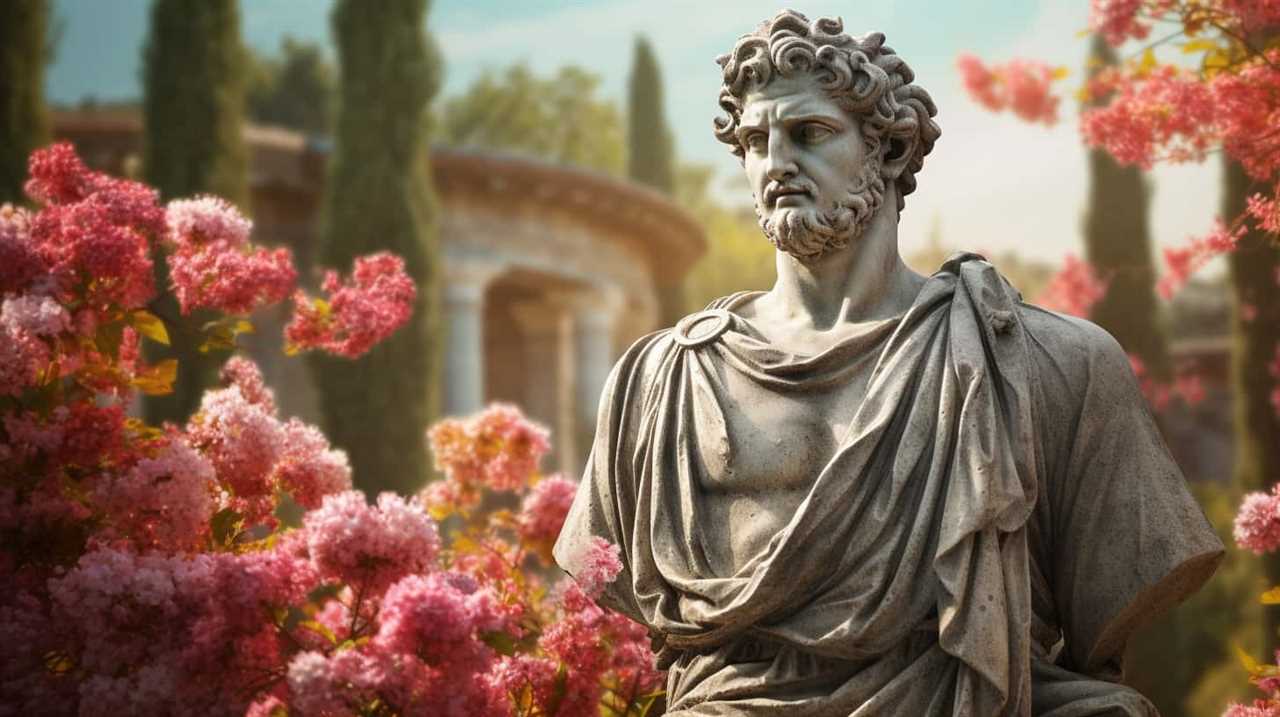
To bridge this divide, it is necessary to ensure equal access to technology and digital resources for all individuals, regardless of their socio-economic background. By doing so, we can empower individuals to overcome social inequalities and create a more inclusive and just society.
Examining the Concept of Justice
As we delve into the concept of justice, it becomes clear that a fundamental understanding of fairness and moral righteousness is crucial. Justice encompasses more than just a legal system; it’s a reflection of our values and principles. Examining the concept of justice requires deep self-reflection and an exploration of how it contributes to societal progress.
Here are some key aspects to consider when contemplating justice:
- Equality: Justice demands that everyone be treated equally, regardless of their background or social status. It’s the cornerstone of a just society, ensuring that no one is unfairly advantaged or disadvantaged.
- Impartiality: Justice requires impartiality in decision-making, free from biases or personal interests. It ensures that judgments are based on objective criteria rather than subjective opinions.
- Accountability: Justice holds individuals accountable for their actions, promoting personal responsibility and discouraging wrongdoing. It ensures that there are consequences for unjust behavior.
- Restitution: Justice seeks to restore balance and rectify harm. It involves providing compensation or restitution to those who’ve suffered losses or injustices.
- Procedural fairness: Justice entails fair and transparent processes that uphold the rule of law. It guarantees that everyone has an equal opportunity to present their case and receive a fair outcome.
Discovering the Power of Knowledge
Exploring the transformative potential of knowledge, we delve into the power of learning and the acquisition of knowledge. In our quest for mastery, we recognize that knowledge has the ability to shape our understanding and perspective of the world. It’s through knowledge that we gain insights, develop critical thinking skills, and become enlightened individuals.
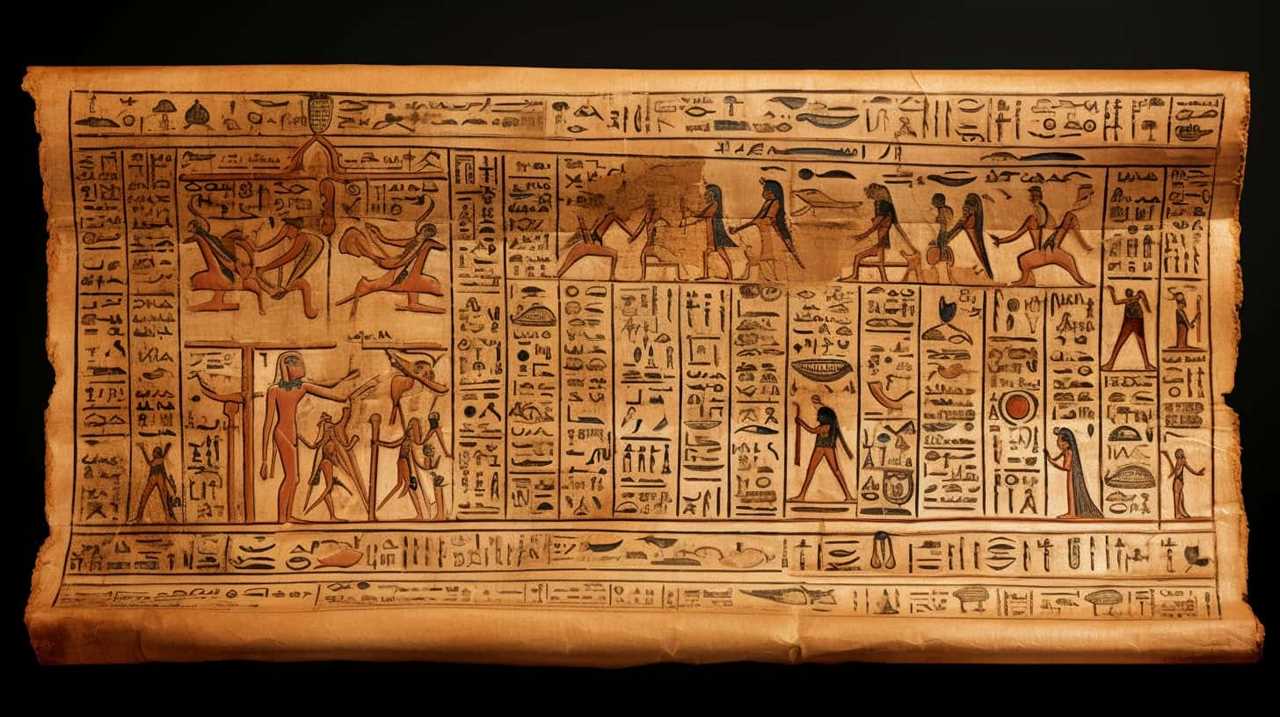
The power of learning lies in its ability to broaden our horizons and challenge our preconceived notions. As we acquire knowledge, we open ourselves up to new ideas, perspectives, and possibilities. We become equipped with the tools to analyze and interpret information, allowing us to make informed decisions and navigate the complexities of life.
Knowledge acquisition is a lifelong process, and it’s through continuous learning that we expand our intellectual capacities. By seeking out new knowledge, we not only enhance our understanding of the world, but also unlock our own potential for personal growth and development.
As we embark on this journey of knowledge discovery, we must be willing to challenge conventional wisdom. It’s through questioning and critically examining established beliefs that we can push the boundaries of knowledge and uncover new truths. By embracing intellectual curiosity and a willingness to question, we can transcend the limitations of traditional thinking and pave the way for new insights and discoveries.
Challenging Conventional Wisdom
Challenging conventional wisdom allows us to break free from societal norms and explore new possibilities. Unconventional thinking and questioning norms can lead to remarkable insights and advancements. Here are five reasons why challenging conventional wisdom is essential:

- Stimulates innovation: By questioning the status quo, we open ourselves up to new ideas and perspectives. This unconventional thinking can spark innovation and lead to groundbreaking discoveries.
- Encourages critical thinking: Challenging conventional wisdom requires us to critically examine the beliefs and assumptions that underpin society. This fosters a habit of deep thinking and skepticism, allowing us to make more informed decisions.
- Promotes personal growth: Stepping outside the comfort zone of conventional thinking allows us to expand our horizons and develop a broader understanding of the world. We become more adaptable, open-minded, and receptive to diverse viewpoints.
- Drives social progress: History has shown that challenging conventional wisdom has been instrumental in driving social change and progress. By questioning unjust norms, we can advocate for equality, justice, and human rights.
- Inspires creativity: Unconventional thinking pushes the boundaries of what’s considered possible. It encourages us to think outside the box and explore new ideas, leading to creative solutions to complex problems.
The Philosophy of Love and Beauty
Love’s transformative power and beauty’s subjective nature are two intriguing aspects of the philosophy of love and beauty.
Love has the ability to profoundly change individuals, shaping their thoughts, actions, and perceptions.
Meanwhile, beauty is a concept that varies from person to person, influenced by personal experiences, cultural values, and individual preferences.
Exploring these concepts allows us to delve into the depths of human emotions and perceptions, challenging our preconceived notions and inviting us to question the nature of love and beauty.
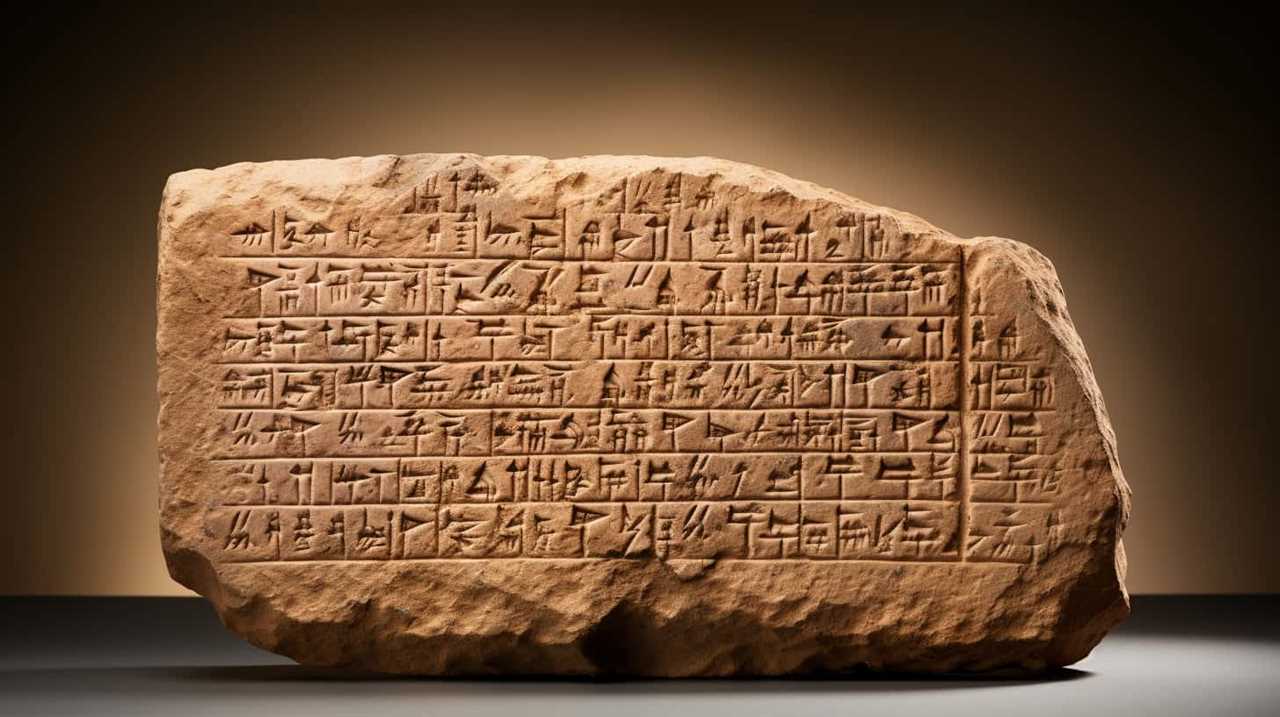
Love’s Transformative Power
Our understanding of love and beauty has been forever transformed through the insights of Socrates and Plato. Love, with its transformative power, has the ability to profoundly change individuals and societies, leading to self-transformation and personal growth.
Through the teachings of Socrates and Plato, we’ve come to understand that love’s impact goes beyond mere emotions and desires. It has the potential to inspire individuals to strive for higher ideals, to seek wisdom and truth, and to cultivate virtues such as kindness, compassion, and empathy. Love can also bridge the gap between individuals and foster unity and harmony in communities. It encourages us to see beyond the superficial and to appreciate the inherent beauty in ourselves and others. Love’s transformative power lies in its ability to transcend boundaries and to connect us on a deeper level.
As we delve into the philosophy of love and beauty, it becomes evident that beauty’s subjective nature is intricately linked to our individual perceptions and experiences.
Beauty’s Subjective Nature
Through their teachings, Socrates and Plato reveal the inherent subjectivity of beauty, allowing us to explore the philosophy of love and beauty in a more profound and personal way.

Beauty, at its core, is a subjective interpretation that varies from person to person. What one finds beautiful, another may not. This subjectivity is influenced by cultural factors that shape our understanding of beauty.
Different societies and cultures have their own standards and ideals of beauty, which are often deeply ingrained in their values and beliefs. These cultural influences can greatly impact our perception of beauty, leading to a wide range of interpretations and preferences.
Understanding the subjective nature of beauty invites us to question our own perceptions and explore the diversity of beauty that exists in the world. It encourages us to appreciate the unique perspectives and experiences of others, fostering a deeper understanding and connection in the realm of love and beauty.
Wisdom for the Modern World
Exploring the practical application of ancient wisdom in today’s society, we find ourselves constantly seeking ways to improve and grow. The teachings of Socrates and Plato offer profound insights that can guide us on our journey of self-improvement and achieving fulfillment. In the modern world, where distractions and pressures abound, it’s crucial to embrace their wisdom and apply it to our daily lives.

Here are five ways we can incorporate Socratic and Platonic wisdom into our modern lives:
- Cultivate self-awareness: By examining our thoughts, emotions, and actions, we can gain a deeper understanding of ourselves. This self-awareness enables us to make conscious choices and align our lives with our values.
- Practice critical thinking: Questioning assumptions, seeking evidence, and challenging our own beliefs are essential elements of critical thinking. By engaging in this process, we can develop a more nuanced understanding of the world and make more informed decisions.
- Foster intellectual humility: Recognizing the limits of our knowledge and being open to different perspectives allows us to learn and grow. Intellectual humility encourages us to listen to others, consider their viewpoints, and engage in meaningful dialogue.
- Pursue virtue and moral excellence: Plato emphasized the importance of cultivating virtue, such as wisdom, courage, and justice. Striving for moral excellence in our actions and decisions contributes to our personal growth and the betterment of society.
- Seek meaning and purpose: Reflecting on the deeper meaning of our lives and aligning our actions with our sense of purpose can bring a profound sense of fulfillment. By living with intention and pursuing what truly matters to us, we can lead more meaningful lives.
Incorporating the wisdom of Socrates and Plato into our modern lives empowers us to navigate the complexities of the world with clarity and purpose. As we strive for self-improvement and fulfillment, their timeless insights continue to guide us towards a more meaningful existence.
Frequently Asked Questions
What Were Socrates and Plato’s Views on Politics and Governance?
Socrates and Plato’s ideas on government and leadership were deeply insightful. They believed in the importance of wise and just rulers, who would prioritize the well-being of the people and make decisions based on reason and virtue. Their philosophy remains relevant and timeless.
How Did Socrates and Plato View the Role of Emotions in Decision-Making?
Emotions’ influence on decision-making is a topic that Socrates and Plato explored. They believed that rationality should prevail over emotions, as they viewed emotions as potentially clouding judgment and leading to irrational choices.

What Were Socrates and Plato’s Thoughts on the Existence of the Soul?
Socrates and Plato both believed in the existence and immortality of the soul. They saw the soul as separate from the body and capable of existing before and after death, leading to the pursuit of knowledge and moral virtue.
Did Socrates and Plato Believe in the Concept of Free Will?
Yes, Socrates and Plato both believed in the concept of free will. They argued that although we are influenced by external factors, we still have the ability to make choices and are morally responsible for our actions.
How Did Socrates and Plato View the Relationship Between Knowledge and Morality?
Socrates and Plato believed that true knowledge, or intellectual virtue, is essential for moral excellence. They emphasized the importance of questioning and critical thinking in the pursuit of understanding morality.
Conclusion
In the depths of ancient wisdom, Socrates and Plato beckon us to embark on a journey of self-discovery. Their timeless insights guide us towards the true meaning of life, urging us to question, reflect, and seek knowledge.
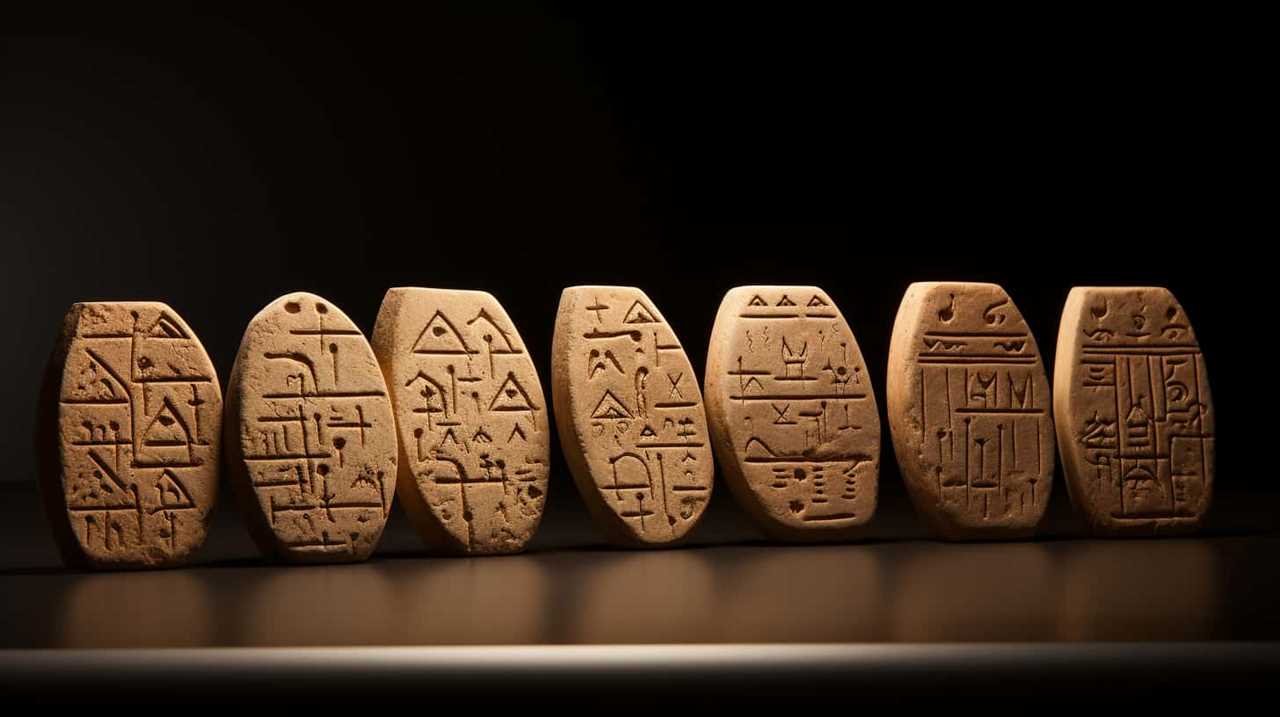
Like a compass in a vast ocean, their teachings illuminate the path to virtue, excellence, and the pursuit of truth. In a world yearning for wisdom, their words echo with the power to shape our existence, forever altering the course of humanity.


